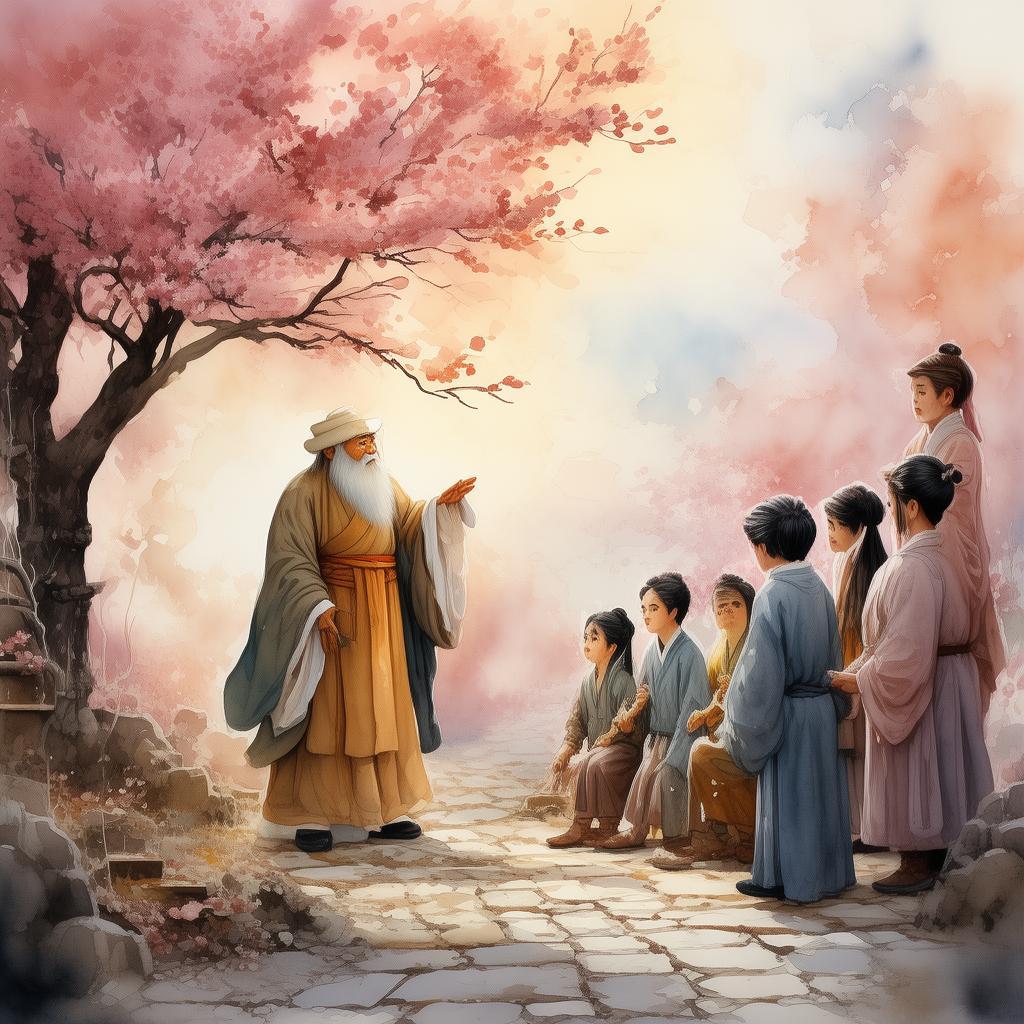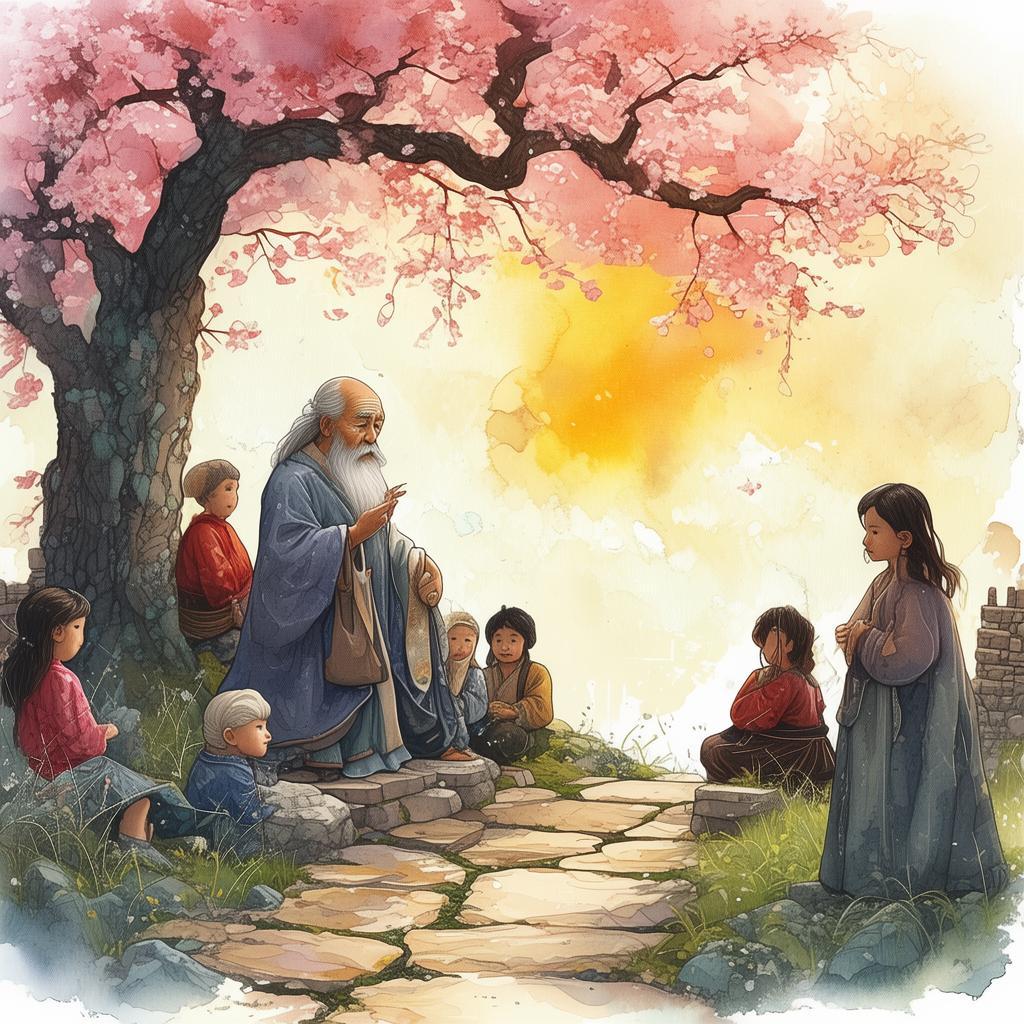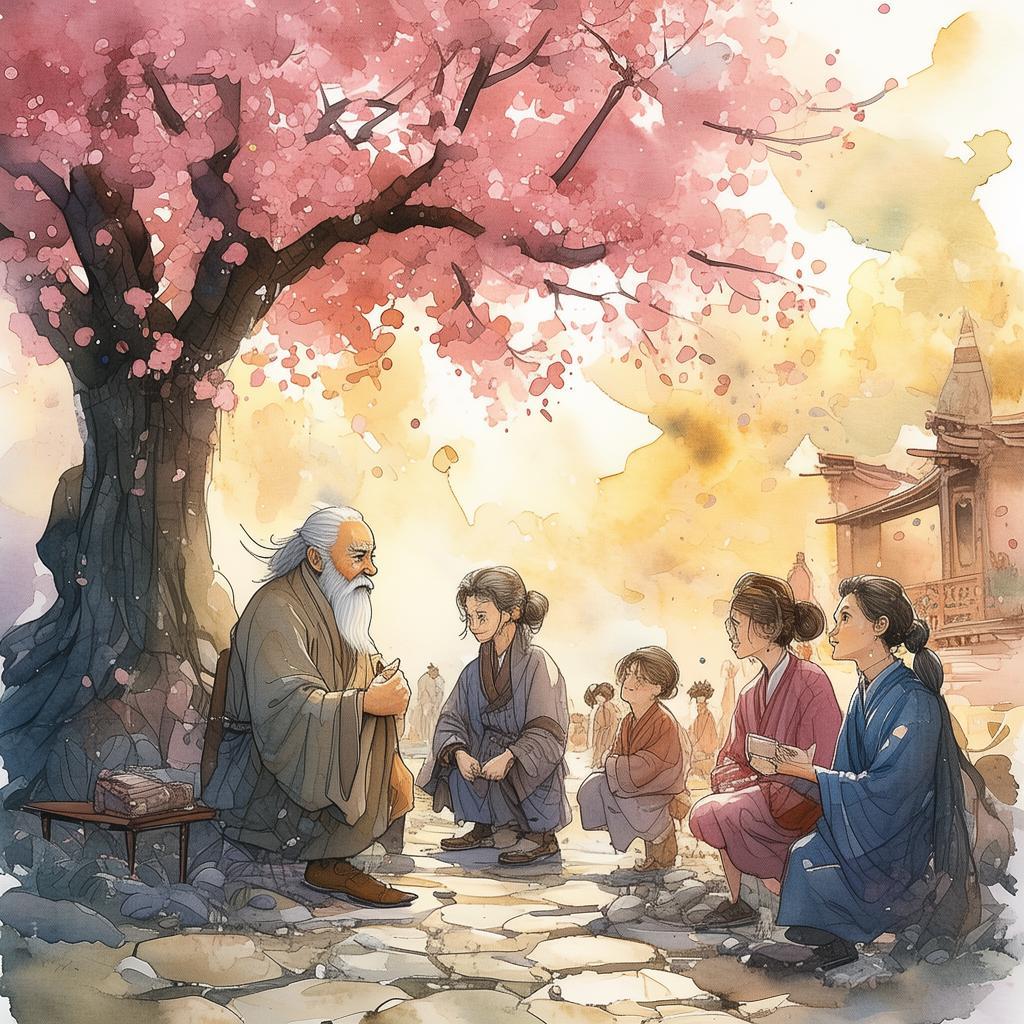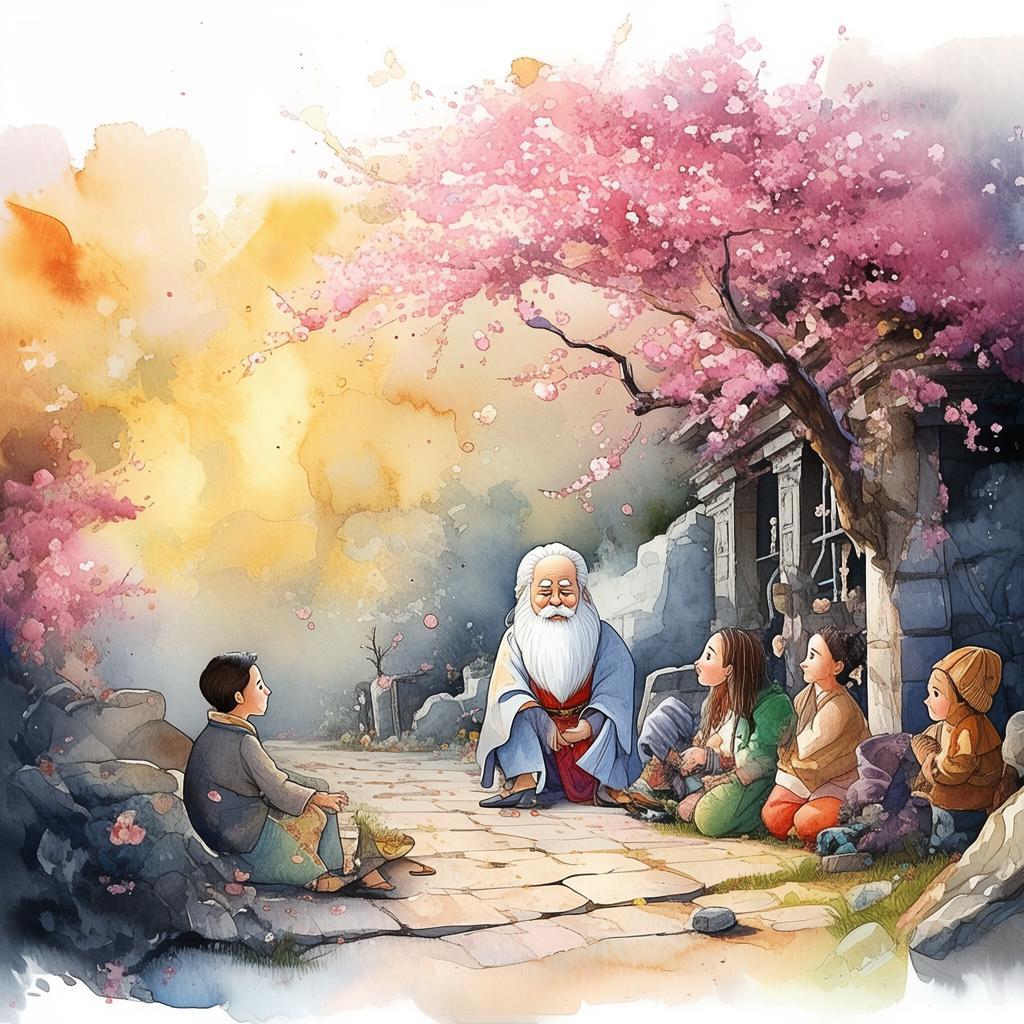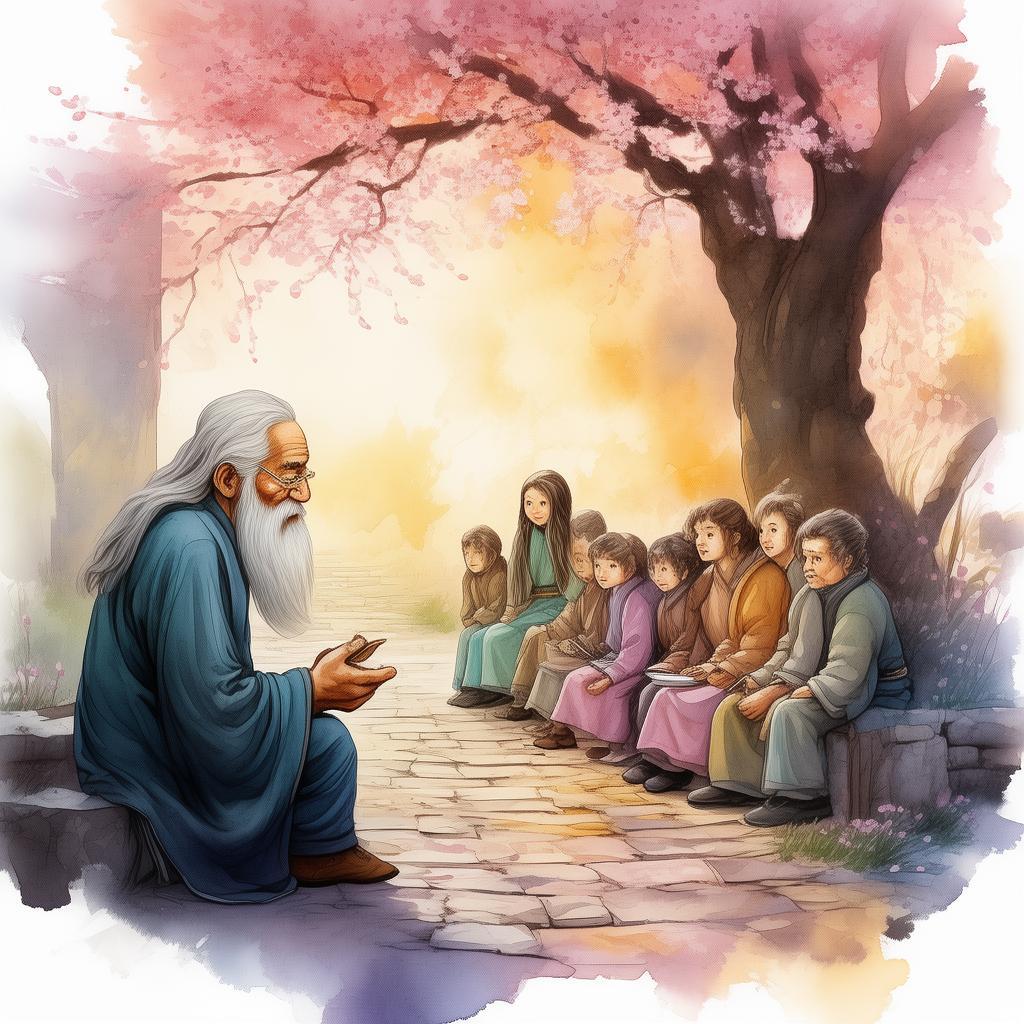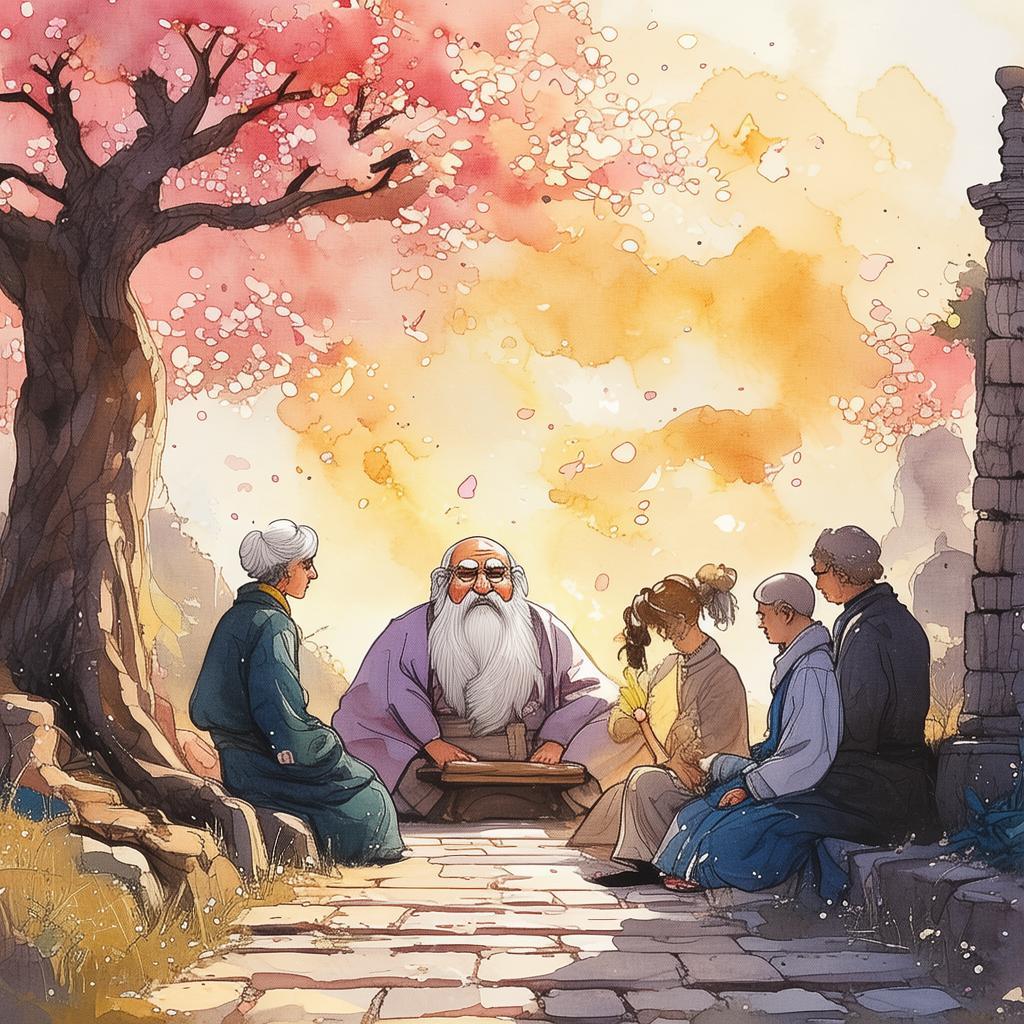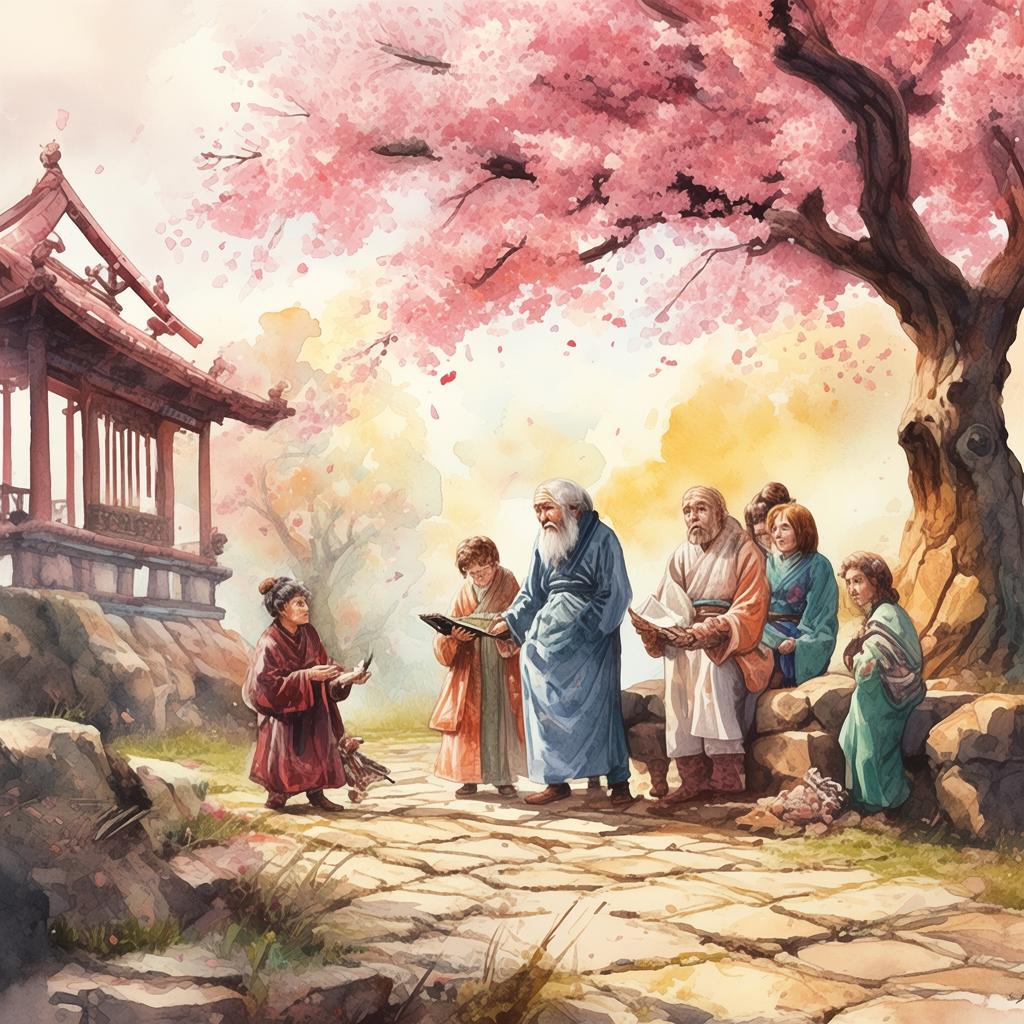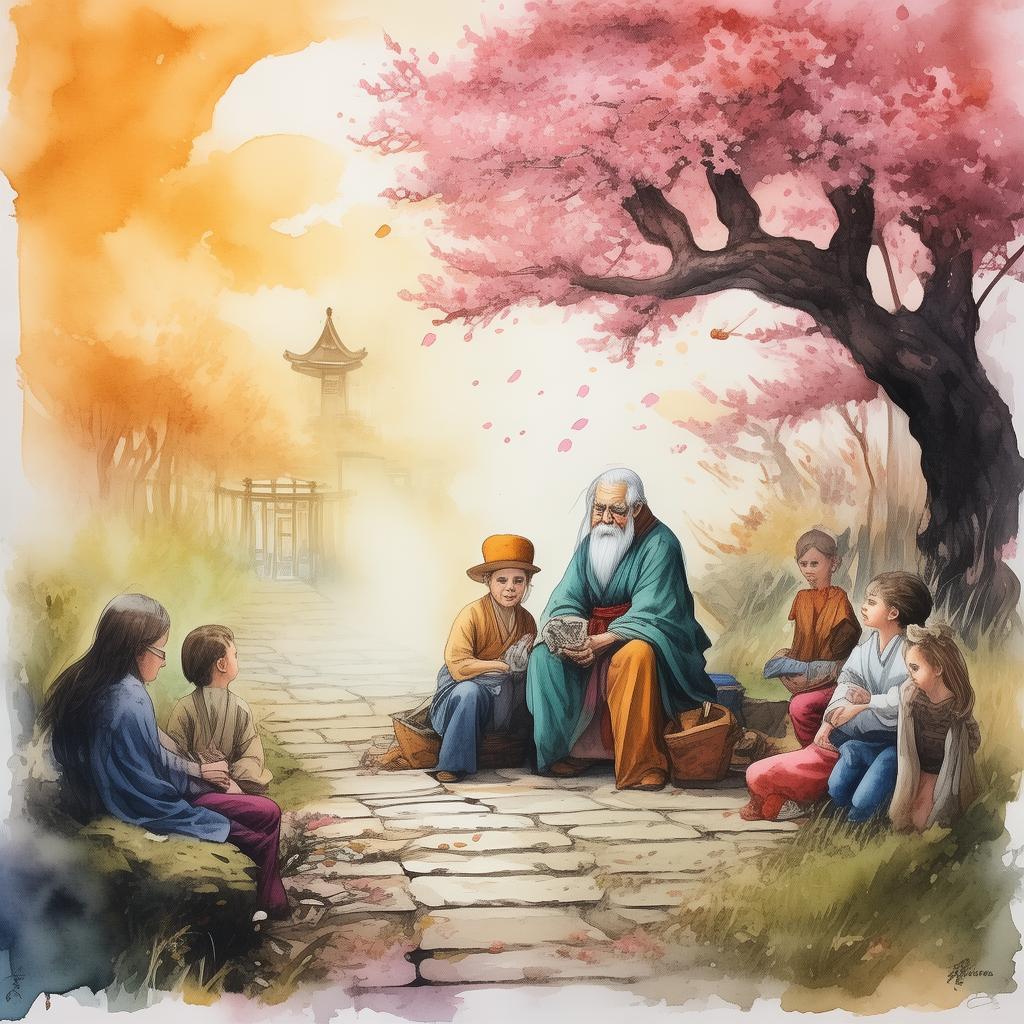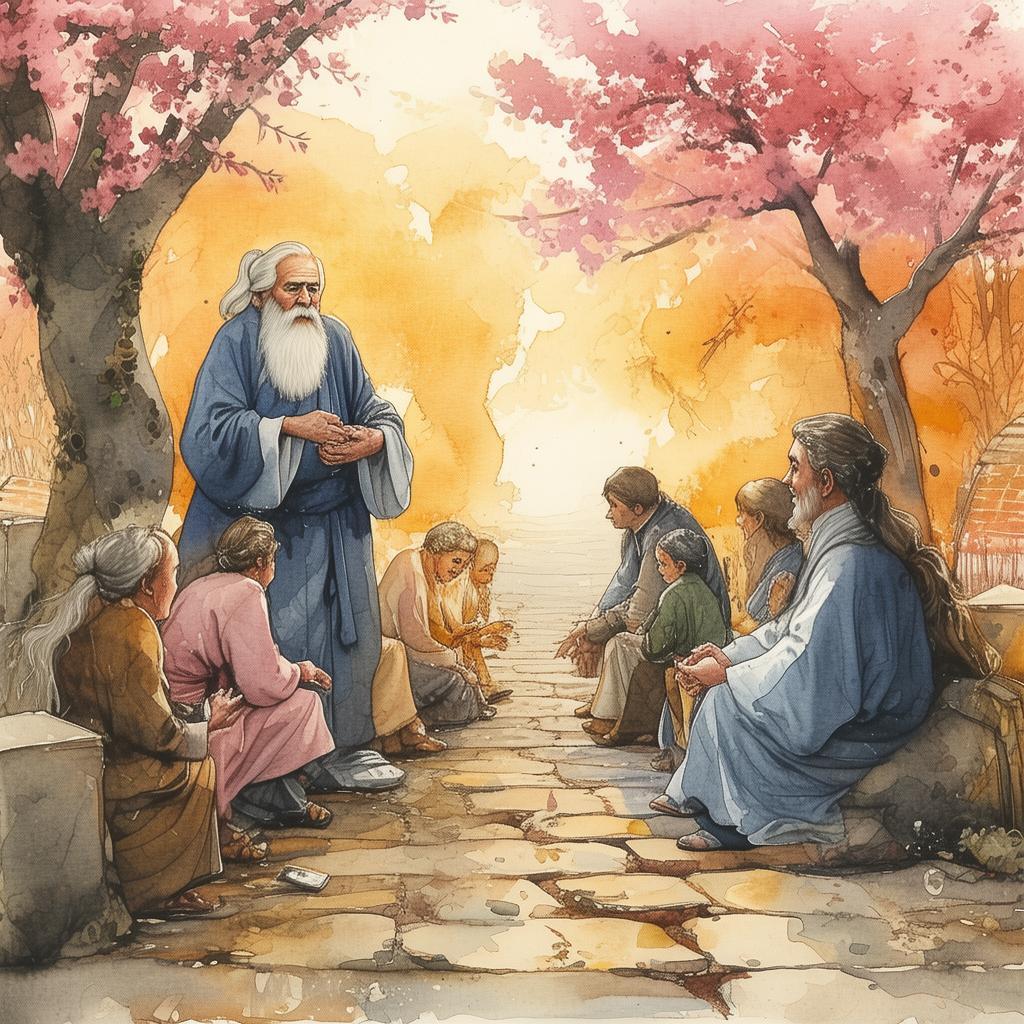The Bard's Oath: A Case of False Accusation
In the bustling town of Stratford-upon-Avon, amidst the era of the Elizabethan theater, there lived a playwright named Will. Known for his wit and the ability to weave tales of love, betrayal, and tragedy, Will's reputation was as famous as his plays. His latest work, "The Bard's Oath," was to be his masterpiece, a tale that would echo through the ages.
One fateful night, as the town slumbered, a woman named Mary, the daughter of a local merchant, was found dead in her room. The townsfolk were in an uproar, and the accusations began to fly. The local magistrate, a man named Sir John, quickly pointed the finger at Will, citing a line from "The Bard's Oath" as evidence of his guilt. The line, "By the power of the law, thou art mine," seemed to be a direct threat against Mary.
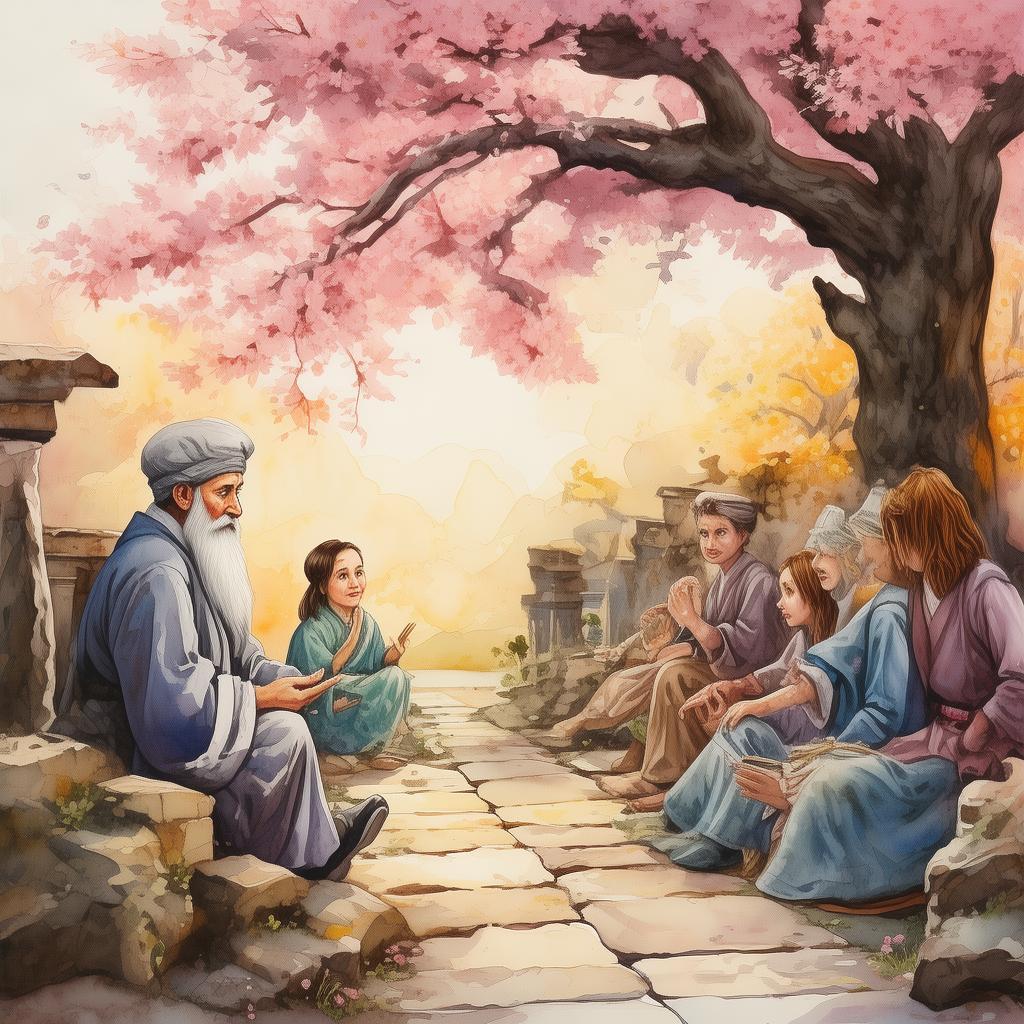
Will was shocked and innocent. He knew that the line was merely a part of a dramatic scene and had nothing to do with the real-life crime. But the townspeople were not convinced. The playwright's reputation as a sorcerer and his closeness to the Bard himself made him the prime suspect.
Desperate to clear his name, Will sought the help of his closest friend, a lawyer named Henry. Henry, a man of keen intellect and a keen sense of justice, agreed to take on the case. Together, they embarked on a quest to uncover the truth behind Mary's murder.
As they delved deeper into the investigation, they discovered that the real culprit was not a stranger to Will. It was a former apprentice, now a rival playwright, who had harbored resentment towards Will for years. This rival had witnessed a conversation between Will and Mary, where Will had spoken of a secret that could expose his rival's true intentions.
The rival, seeing an opportunity to destroy Will and elevate his own reputation, had planted the false accusation. He had also framed Will by using a line from "The Bard's Oath" as a supposed threat. With the help of Henry, Will and the rival were both brought to trial, where the truth was finally revealed.
The trial was a spectacle, drawing the attention of the entire town. As the evidence unfolded, the truth came to light, and the rival playwright was found guilty of murder. Will was exonerated, and the townspeople were in awe of the justice served.
In the aftermath of the trial, Will reflected on the events. He realized that the play he had written, "The Bard's Oath," had inadvertently become a symbol of his own plight. The line that had almost destroyed him had also brought about his redemption.
Henry, standing by his friend, whispered, "You've taught us all a lesson, Will. The truth will always prevail, even in the darkest of times."
Will smiled, his eyes twinkling with relief and gratitude. "And that's the power of theater, Henry. To reflect life, to reveal truth, and to bring justice where it is needed most."
The Bard's Oath had indeed become a tale of justice, betrayal, and the unyielding spirit of a man who stood accused of a crime he did not commit. And in the end, it was the very power of his art that saved him.
✨ Original Statement ✨
All articles published on this website (including but not limited to text, images, videos, and other content) are original or authorized for reposting and are protected by relevant laws. Without the explicit written permission of this website, no individual or organization may copy, modify, repost, or use the content for commercial purposes.
If you need to quote or cooperate, please contact this site for authorization. We reserve the right to pursue legal responsibility for any unauthorized use.
Hereby declared.
